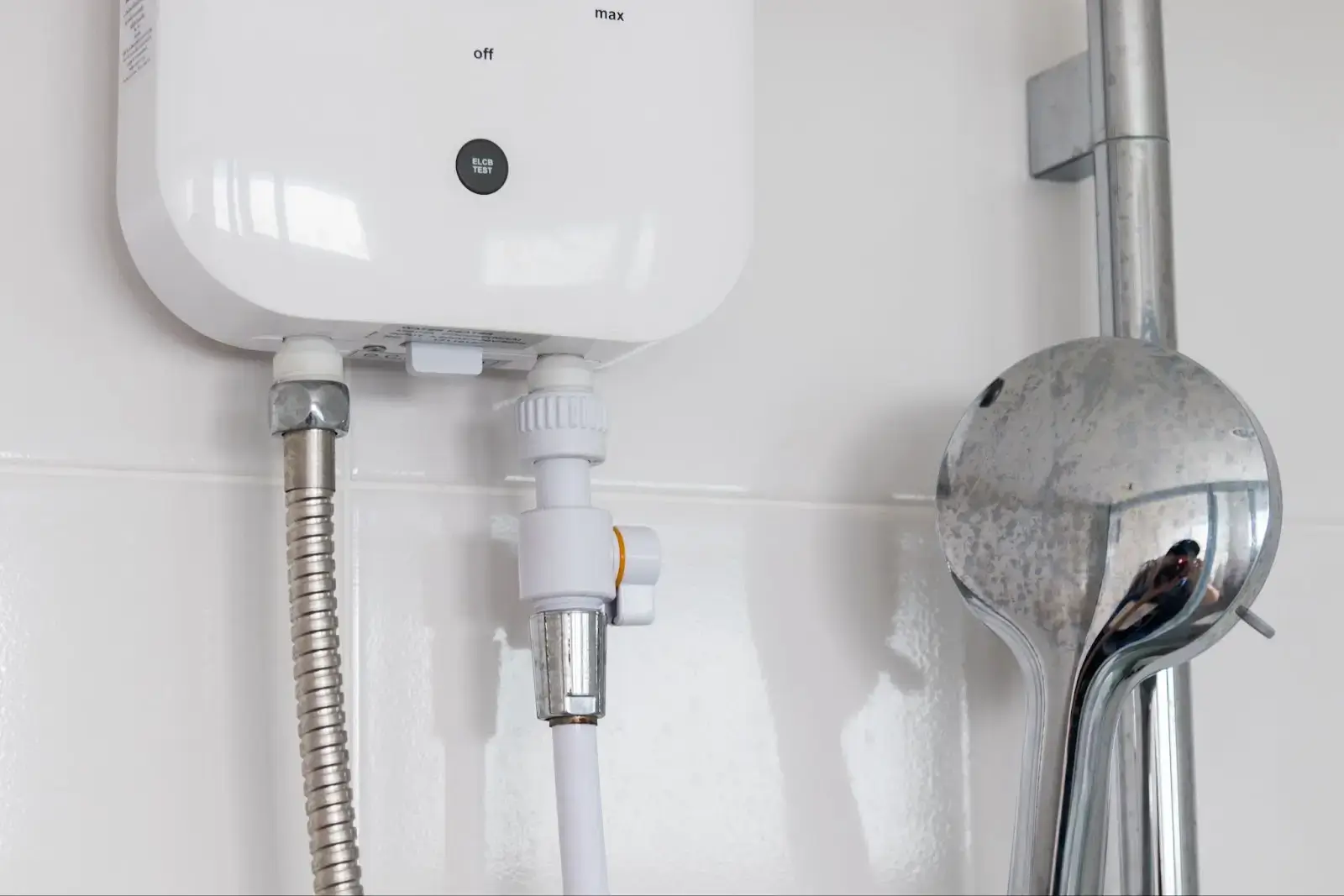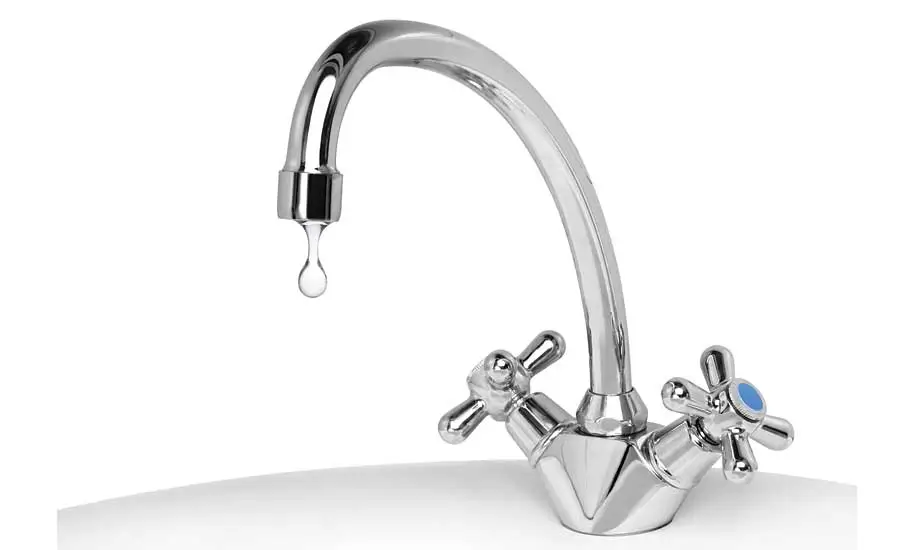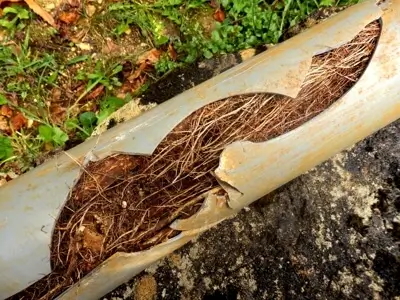Air conditioner capacitors are widely used in AC systems to help regulate the flow of electricity and ensure smooth operation. While air conditioner capacitors are generally considered universal, there is more to them than just that.
Air conditioner capacitors come in different types, each of which has its own specific purpose when it comes to regulating AC systems.
Like all mechanisms, air conditioner capacitors can suffer from wear and tear over time which can cause them to become faulty or even fail completely if not replaced promptly.
In this article, we will explore air conditioner capacitors in more detail – their various types, the signs of a bad AC capacitor, and whether they are truly universal – so you know what’s best for your system’s maintenance needs.
What is an Air Conditioner Capacitor?
An AC capacitor is an essential component in home air conditioners. It is typically located near the fan blades or coils of the unit, and its purpose is to store and supply power for your system's motors.
It essentially acts as a surge protector, providing a large burst of electricity that helps your air conditioner start quickly and efficiently.
The amount of energy needed to kickstart an AC unit can be quite high, so the capacitor helps reduce this load by storing energy. It later releases this energy in powerful bursts, helping to reduce wear and tear on AC components.
After the initial start-up phase, it stabilizes power output to a constant current which powers your AC system until it is switched off.
Air conditioner capacitors come in various shapes and sizes, depending on the size of your AC unit. They usually contain two metal terminals on either side that are connected to wires from the motor or compressor, as well as other electrical components like contactors and relays.
The amount of charge stored within them is generally measured in microfarads (µF).
Capacitors also play an important role when it comes to preventing voltage spikes. An AC capacitor can absorb excess voltage generated by motors and other parts during heavy use.
This helps protect your AC unit from damages caused by high voltages. All these features make capacitors indispensable for powering AC units efficiently and safely.
So, Are Air Conditioner Capacitors Universal?
Air conditioners contain more than one capacitor that helps regulate the flow of electricity in the system. Generally speaking, these capacitors are all universal, meaning they can be used in a variety of air conditioning systems regardless of size, shape, or brand.
This is because the main factors that go into determining whether or not a capacitor is suitable for a given air conditioning system are voltage and microfarad rating.
So long as those two criteria are met, the capacitor will work with the air conditioning system regardless of other factors.
The universal nature of air conditioner capacitors is due to their design.
A capacitor is composed of two metal plates separated by a dielectric material that stores an electric charge when connected to an energy source such as a battery.
The dielectric material can range from plastic films to ceramic or even mica depending on its purpose.
The size and shape of the capacitor don't matter so long as it has sufficient capacity to store the necessary electric charge when connected to its designated power source.
Types of AC Capacitors Inside Your Air Conditioning System
Most air conditioners have several air conditioner capacitors, including:
- Compressor Motor Run Capacitor
- Outside Fan Run Capacitor
- Indoor Fan Motor Run Capacitor
- Start Capacitor
Read on to learn more about each AC capacitor type.
Compressor Motor Run Capacitor
A compressor motor run capacitor is an electrical device used in single-phase AC motors to increase the starting torque of the motor, allowing it to run more efficiently.
In a single-phase motor, alternating current flows through two windings, with one winding having a higher number of turns than the other.
This creates an imbalance in the magnetic field which causes the motor to turn on its own axis. The additional coil or ‘run capacitor’ compensates for this imbalance by providing a rotating magnetic field while the motor is running.
The most common types of run capacitors are polypropylene film capacitors (historically metalized paper capacitors) that are rated between 1.5 and 100 µF.
Run capacitors are constructed from two metal plates separated by an insulating layer and are rated with voltage classifications of 250, 370, and 440 volts.
The capacitor keeps working even when the load placed on it changes during operation since it's designed for continuous power.
Therefore, electrolytic capacitors which have low power endurance should be avoided.
Instead, low-loss polymer capacitors should be used as these hold up better against shifting loads and provide longer-lasting performance over time.
Outside Fan Run Capacitor
An outside fan run capacitor is used to start and maintain the rotational speed of the outdoor fan motor. The device stores electrical energy and then releases it in a controlled manner, allowing for a more consistent rotational speed.
The capacitor consists of two metal plates separated by an insulating material known as a dielectric. Each plate carries an electric charge, with one being negative and the other positive.
When power is applied to the capacitor, this causes an electric field between the two plates. This field draws electrical current from the power source and stores it within the dielectric material.
Indoor Fan Motor Run Capacitor
Similar to the outside fan run capacitor, an indoor fan motor run capacitor is used to start and maintain the rotational speed of the indoor fan motor. The device stores electrical energy, again allowing for a more consistent rotational speed.
These air conditioner capacitors come in various sizes and shapes depending on their load capacity, ranging from 12 µF to 60 µF. They are typically rated between 250 and 440 volts AC, so make sure to choose the one with the correct voltage rating for your AC unit.
Start Capacitor
The start capacitor is an AC-only device that provides a temporary boost of charge to help get air conditioner motors running. It works by storing electrical energy in its charge and then releasing it in a controlled manner to increase the AC motor’s starting torque.
The start capacitor is usually rated between 100-150 µF with a voltage rating of 250, 370, or 440 volts AC. It should be noted that start capacitors are not designed for continuous use and will burn out if left running for too long.
Therefore, AC units equipped with start capacitors should have a run capacitor to maintain the motor’s speed once it has been started.
Signs of a Bad Capacitor
If your AC unit begins to run inefficiently or stops working completely, it could be a sign of a faulty capacitor. Common signs include:
- Air conditioning system is making a loud humming noise when turned on
- AC system is failing to start
- AC system is running too slowly or not at all
- AC is taking too long to produce cold air
If you notice any of these signs, it may be time to consider getting a new capacitor. Make sure to always hire a qualified HVAC technician to carry out AC repairs and maintenance.
How Often Should Air Conditioner Capacitors Be Replaced?
AC capacitors do not need to be replaced regularly unless they are showing signs of failure. It is recommended, however, to have AC units inspected and maintained by a professional HVAC technician at least once a year in order to ensure they are operating efficiently.
Can I Replace My AC Capacitor Myself?
While air conditioner capacitors are relatively easy to identify and replace, it is highly recommended that you hire a professional HVAC technician for AC repairs.
Air conditioner capacitors can be dangerous if handled improperly, so always make sure to seek help from an experienced technician for AC maintenance and repair.
Professional HVAC Maintenance and Repair
Professional HVAC maintenance and repair is always the best choice for AC unit problems because a professional technician will be able to identify any underlying issues beyond just replacing the AC capacitor.
AC units require precision and detailed knowledge of how they operate in order to ensure maximum efficiency, something that DIY home repairs cannot guarantee.
A qualified technician is also able to provide AC unit maintenance which can help extend its lifespan. AC units are complicated pieces of equipment that require specialized tools and knowledge, so hiring a professional technician is the safest and most reliable option for AC repairs and maintenance.
Accessible and Trustworthy HVAC Services in Portland
Sunset Heating and Cooling has been providing reliable, trustworthy, and high-quality HVAC services for over 100 years. With a long history of excellence in the Portland area, Sunset is the perfect choice for AC repairs, maintenance, and installations.
When it comes to AC capacitor servicing and replacement, Sunset has experienced and knowledgeable technicians who will be able to diagnose and repair AC capacitor problems quickly and efficiently.
Whether you need AC capacitor replacement, AC unit maintenance, or AC repair services, Sunset has the skills and expertise to get the job done right.
Contact us at (503) 500-5866 to book an appointment.
We look forward to working with you!







